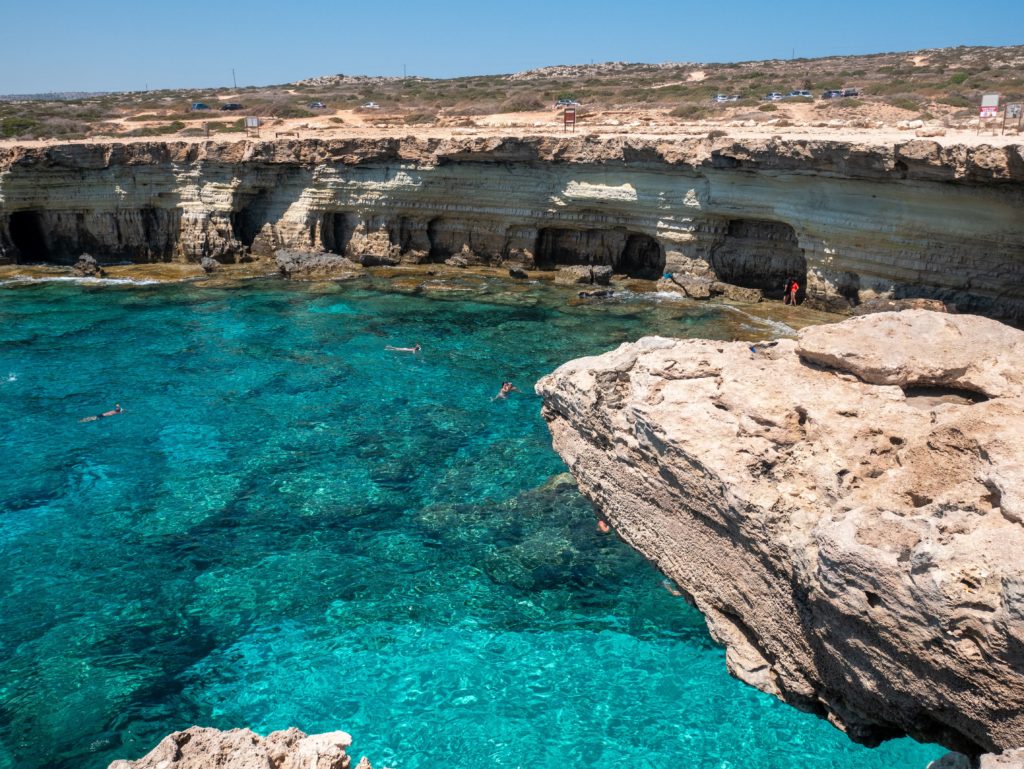Cyprus, the third-largest Island Country in the Mediterranean, remains divided into the sovereign State of the Republic and the Turkish Republic of Northern Cyprus since 1974. Notoriously known for its political instability historically, Cyprus today has become an attractive destination for many expatriates worldwide. For non-EU residents, a detailed process and protocols need to be followed to obtain permanent or long-term residency status, for EU residents, the process is comparatively simple and requires lesser steps.

Let’s explore how you can be part of this amazing Mediterranean jewel, from the perspective of a non-EU or EAA resident.
By way of investment
This is probably the easiest way to obtain residency status in Cyprus. It comes with a high cost, however. Proof that you can and are willing to invest five or more million Euros or that the tax you will pay on your income through employment in Cyprus will be EUR 100,000 over three years, you fulfill the major criteria towards resident status. Secondly, you will be required to own a house, not valuing less than EUR 500,000. If you check both the conditions, then the only thing keeping you from being a Cypriot is paperwork!
Permanent residency (PR) on a normal-track basis (Category F)
While the first option may seem to be quite “Hollywood” in nature, this method however is realistic and doable. The first step is that you own a house in Cyprus. Regardless of the value of the property, owning one in Cyprus is the very first step. Second, your annual income outside Cyprus shall not be less than EUR 10,000 for at least 3 consecutive years, adding up EUR 5,000 per family member/dependent. And lastly, a clean social and moral character; fulfilling these three conditions makes you a perfect candidate.
General and financial qualifiers
Below are the common requirements for any type of PR method.
- Maintaining a bank account with at least EUR 30,000 deposit over the period of 3 years.
- The funds deposited must come from a source foreign to Cyprus.
- Proof of at least EUR 30,000 annual income from a foreign source.
- Untainted criminal record
- Proof that the applicant will not be employed in Cyprus, other than owning a company in Cyprus and receiving dividends from the profit.
- Not wanted by Interpol or any other international crime-fighting agency and/or pending orders for the applicant’s property to be confiscated.
- Must visit Cyprus at least once every 2 years and once within the first year after issuance of PR.
Top reasons why you should relocate to Cyprus
Despite a shady political history and disputes with neighboring Turkey, Cyprus has more than many reasons that appeal to a range of foreigners from around the world.
- Cyprus is at the aquatic crossroads of Asia, Europe, and Africa; lending Cyprus political, social, and biodiversity.
- Economically, Cyprus has great prospects in oil & exploration.
- International treaties for double taxation and low tax rates internally.
- Easy to communicate, as English is largely spoken and understood.
- “No-nonsense” professional service sector.
- Trained workforce and labor.
- Real estate in Cyprus is adequately priced, with a low cost of living as compared to other parts of Europe.
Security advice for Cyprus
Generally, the Republic of Cyprus is a safe and secure country to live in, with a very low crime rate. However, it is always prudent to be precautious. To start with, the driving standards in Cyprus are not what one would expect from a European country; road accidents are common and often fatal. Hence, if you plan to own a car, make sure that you are well assimilated before you venture the streets on your own.
Secondly, in recent years the world has seen a surge in terrorist attacks targeting public places; malls, historic sites, shrines, and whatnot. Cyprus is no different, due to a high influx of tourists and the geopolitical importance of Cyprus, the country has had its share of threats, though no unfortunate incident has yet occurred, and the mild warning is to make people vigilant of their surroundings.
Lastly, under no circumstances and at no time, one may attempt to cross to the other part of the island other than the designated area. Taking pictures of security officials may be equally risky, and one must refrain from such acts.


